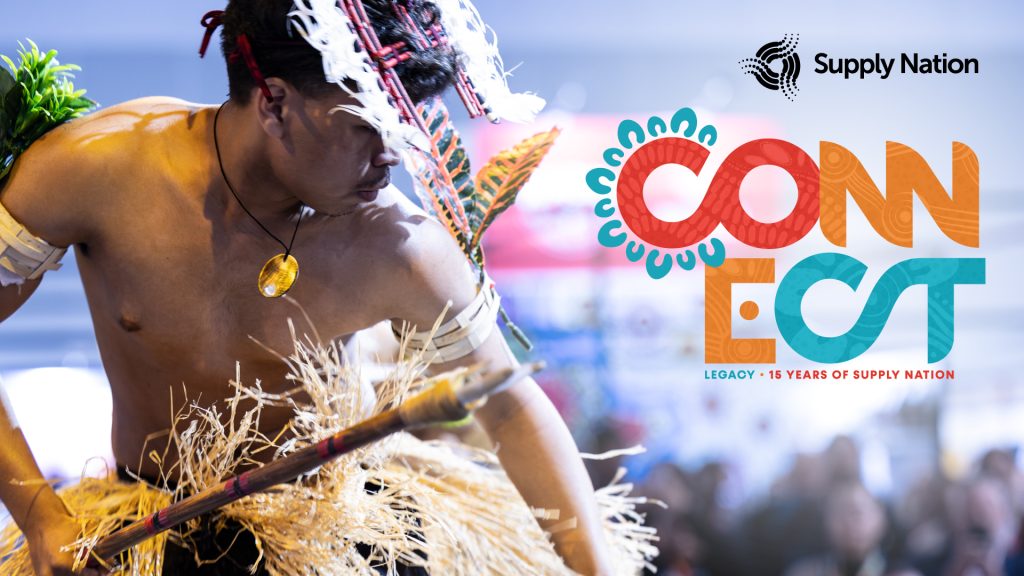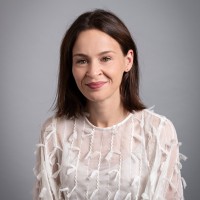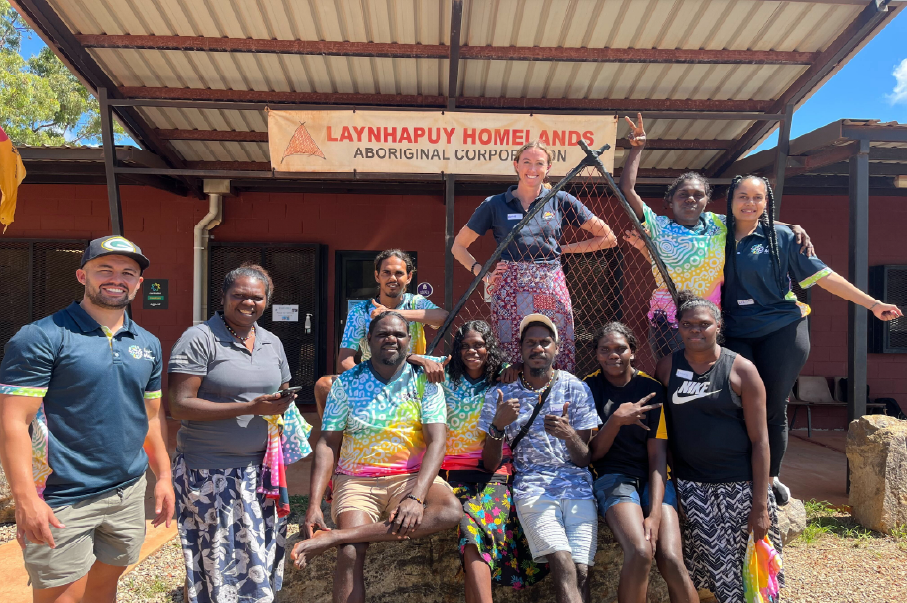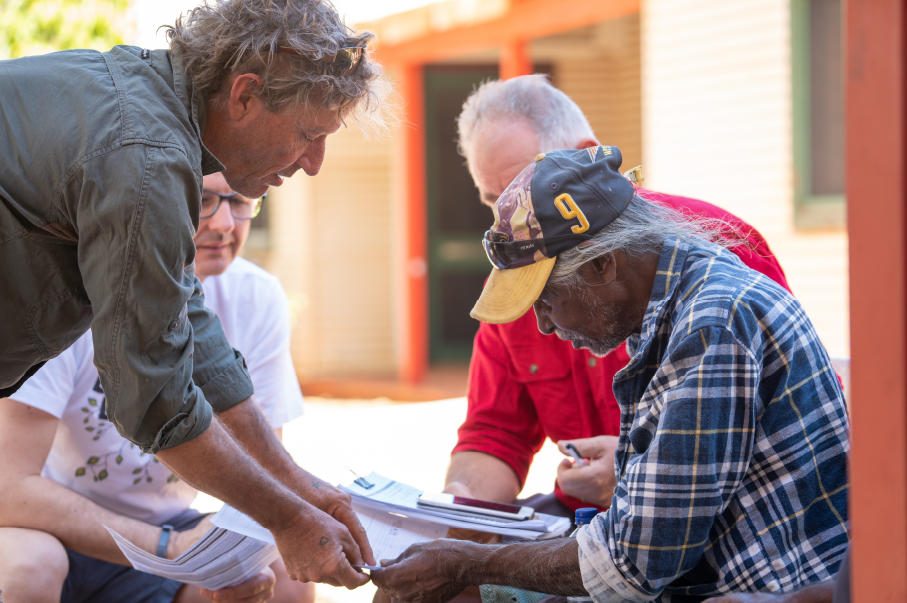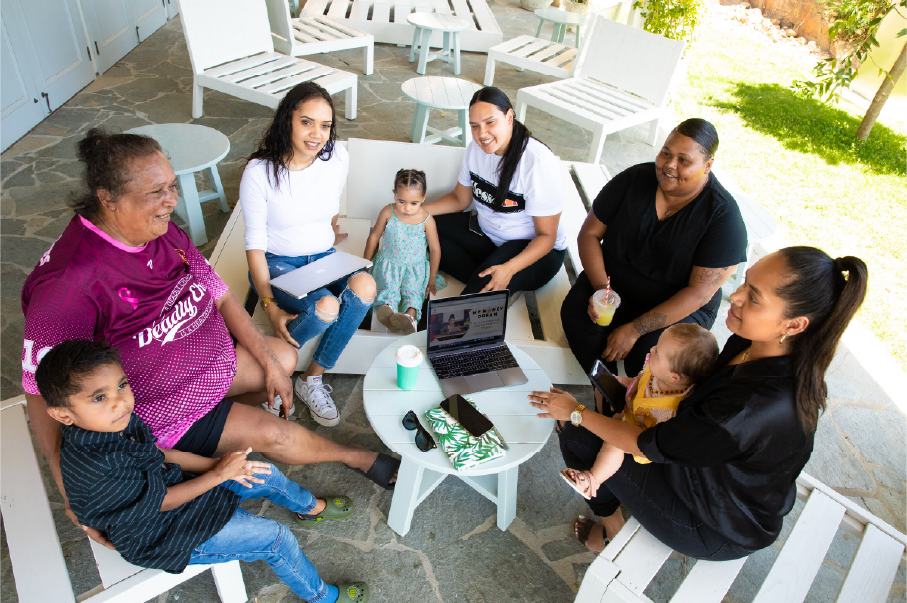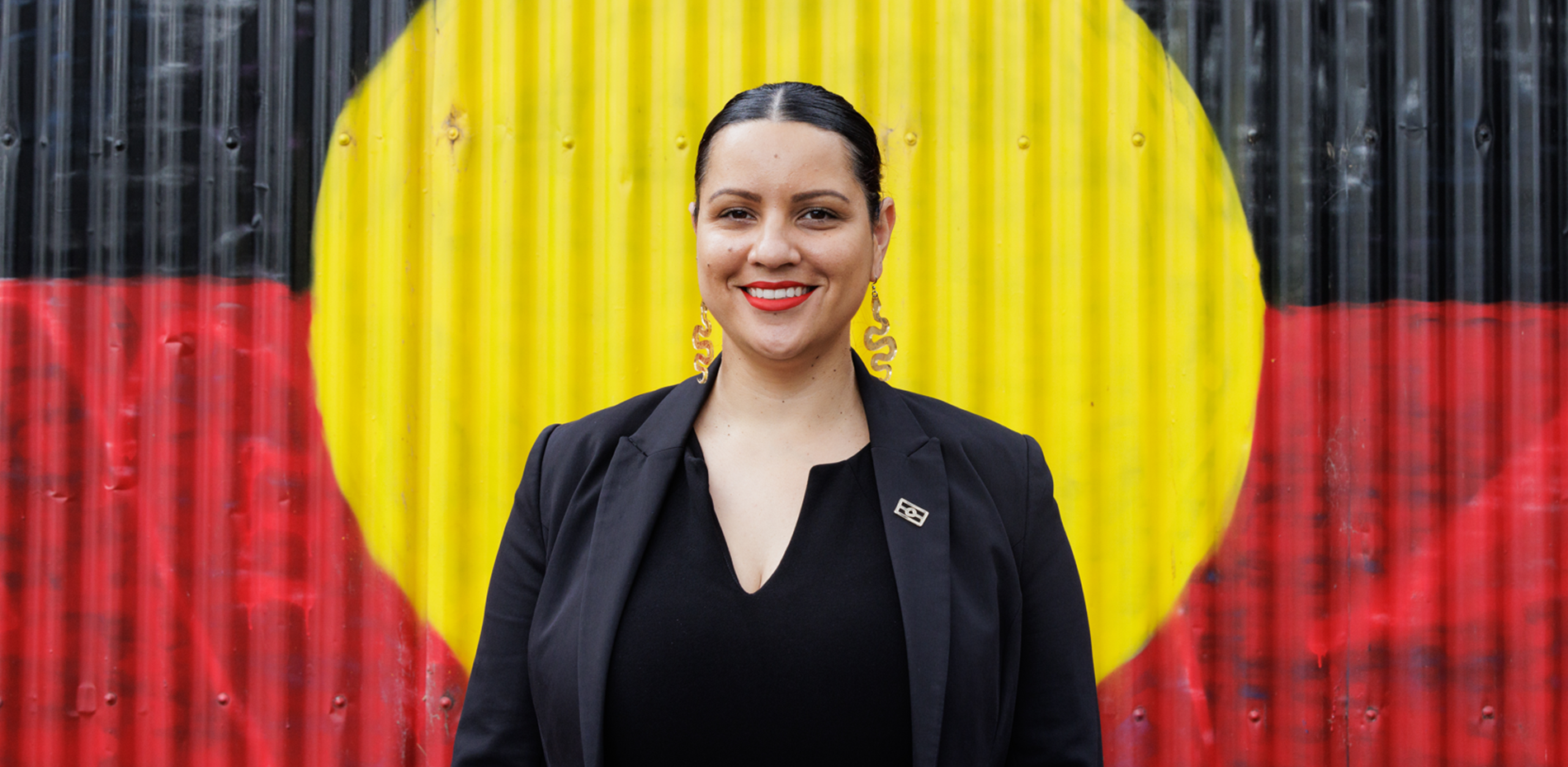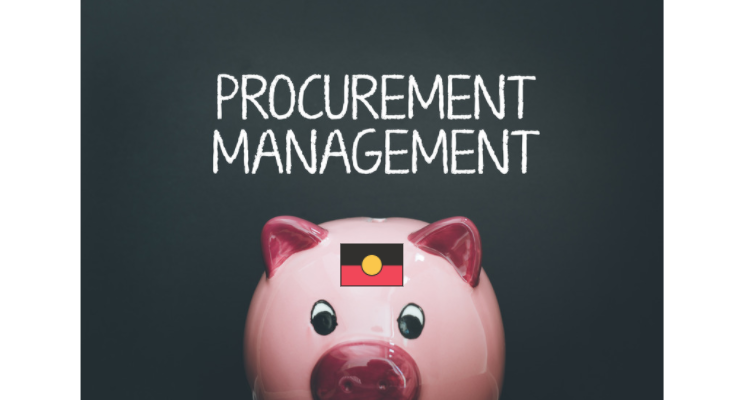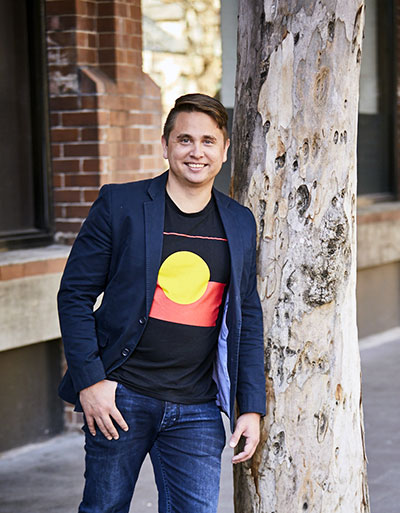First Nations leaders share knowledge and ambition for collaborative climate action in Canberra
TODAY, First Nations-led organisations and climate advocates from across Australia will join a gathering of more than 260 public and private sector leaders from every corner of society at the third Better Futures Forum, running into tomorrow.
The delegation includes Indigenous Peoples’ Organisation Australia co-chair, Uncle Ray Minniecon; sustainable investment specialist and proud Wulli Wulli man, Caleb Adams; ocean and climate activist and proud Kulkalaig woman, Tishiko King; urban designer and proud Woiwurrung and Maneroo Aboriginal man, Christian Hampson; Gudanji For Country director and Nimiringki (decision maker) from the Karanjini Rrumburriya clan of the Gudanji nation, Rikki Dank; and a Talanoa (dialogue) to discuss climate effects on Pacific nations moderated by 'Alopi Latukefu and Thelma Raman with Pacific Island representatives.
Their message of the day is clear. For 65,000 years Australia’s First Nations peoples have taken care of Country. They have the knowledge and leadership to help Australia and the global community scale-up climate action.
They join delegates from finance to faith, cities and states, businesses large and small, agriculture, resources and energy sectors, health and social services, unions, think tanks, charities, and higher education – to collectively demonstrate how communities, 'from the ground up' are acting faster and with greater climate ambition than the Australian Government.
Better Futures Australia program director, Lisa Cliff said, “As communities around the world come together to address the shared challenge of climate change, First Nations voices offer guidance and solutions rooted in deep respect for land and nature.
“Aboriginal and Torres Strait Islander speakers at the forum will raise their voices to share knowledge and climate ambition of First Nations peoples on critical topics from nature conservation to land use in climate strategy, economic justice and self-determination.”
Ms Cliff said the Better Futures Forum would highlight how communities and sectors across Australia were working hand in hand to co-create climate solutions. 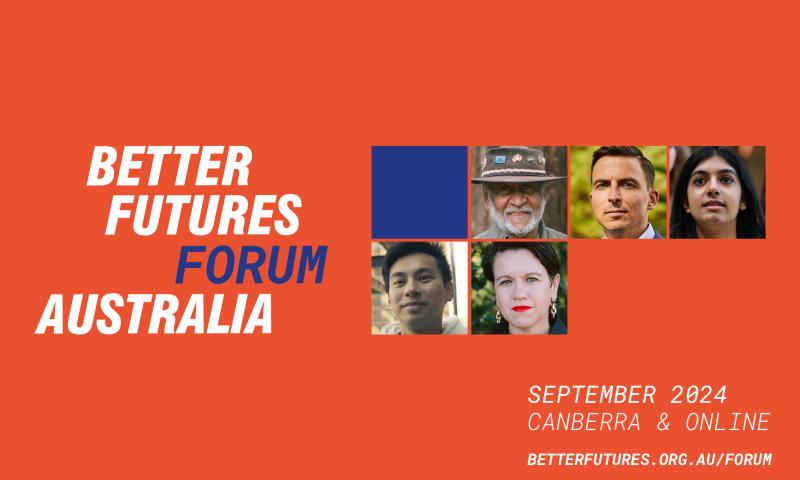
“With Australia’s potential to co-host COP31 in partnership with Pacific neighbours, this is a pivotal moment for collective action,” she said.
Ms Cliff said the United Nations recognises that First Nations people across the world are disproportionately impacted by climate change, which ‘exacerbates the difficulties already faced by vulnerable indigenous communities, including political and economic marginalisation, loss of land and resources, human rights violations, discrimination and unemployment’.
Aboriginal and Torres Strait Islander speakers at the forum include:
Indigenous Peoples’ Organisation Australia co-chair, Uncle Ray Minniecon, is an Aboriginal pastor with ancestral roots in the Kabi Kabi and Gurang Gurang nations of South East Queensland. Pastor Ray is also a descendant of the South Sea Islander people, with connections to the people of Ambrym Island.
On September 11, he will discuss the importance of unlocking public engagement aligned to Action for Climate Empowerment (ACE) adopted by the UN Framework Convention on Climate Change to denote work under Article 12 of the Paris Agreement.
Sustainable investment specialist and proud Wulli Wulli man, Caleb Adams, will join a September 10 session on the need for ‘scale, speed and solidarity’ in driving the policy and investment strategy for a just transition to 100 percent renewables. Mr Adams is associate director of ESG and sustainable investment with E&P Financial Group. He is passionate about channelling capital towards impactful opportunities for Indigenous communities, with a focus on sustainability and climate mitigation.
Mr Adams is also a member of the Australian Sustainable Finance Institute (ASFI) First Nations Reference Group, and a recent contributor to the United Nations Permanent Forum on Indigenous Issues (UNPFII) expert group meeting on ‘Indigenous Peoples in a greening economy’.
Ocean and climate activist, Tishiko King, is a proud Kulkalaig woman from the Island of Masig and Badugal of Themu Clan in the Torres Strait, and also works with the philanthropic sector to redistribute wealth back into First Nations communities for economic justice and self-determination. Ms King features in the acclaimed documentary, Climate Changers, charting scientist Tim Flannery’s global journey to uncover the missing ingredient in the fight against climate change – that is leadership. 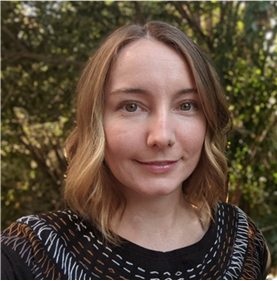
From screen to stage, ‘Tish’ – and Mr Flannery, who is also on the forum lineup – explore the opportunity for Australia in co-hosting COP31 in partnership with Pacific neighbours in a September 11 session that doubles as the launchpad for a joint report by the Smart Energy Council and Climate Council.
Tish will separately join a Talanoa – a traditional word in Fiji and across the Pacific to reflect a process of inclusive, participatory and transparent dialogue – to discuss climate effects on Pacific nations, the relationship between Australia and the Pacific, and work underway to secure a more equitable future under the eyes of COP31 and beyond.
Urban designer and proud Woiwurrung and Maneroo Aboriginal man, Christian Hampson, is CEO and First Nations Design Lead at Yerrabingin – a startup that ‘seeks to disrupt conventional approaches to ending Indigenous disadvantage and create intercultural opportunities for future generations to thrive’.
On September 10, he will bring insights from 30 years’ experience in bio-cultural conservation and collaboration with First Nations communities to Better Futures Forum’s opening session on local initiatives and national climate strategies for building better, equitable futures in Australia.
Mr Hampson co-founded Yerrabingin to bring First Nations design narratives to the Australian natural and built landscape. For Mr Hampson, Country and its custodians are “active co-designers of the projects we work with through a shared collective voice instead of series of individual representations”.
Gudanji For Country director, Rikki Dank, is a Traditional Owner and Nimiringki (decision maker) from the Karanjini Rrumburriya clan of the Gudanji nation. Ms Dank, who is known by her Country as Lhudi Noralima, is committed to protecting ‘Women’s Country’ on the western side of Gulf of Carpentaria in central Northern Territory. For decades, her family has fought to protect Country from the damaging effects of overgrazing, mining, and fracking. On September 11, she will join a session on nature and land use trade-offs, which showcases practical solutions and opportunities to align land management with Australia’s climate and biodiversity targets, emphasising nature-based solutions and First Nations leadership.
And among dozens of other First Nations attendees is Georgia Griffiths, a proud Aboriginal woman, living and working in Narrm (Melbourne). She is the director of impact at SEED Mob, and passionate about fighting for climate justice and has worked on campaigns that elevate the voices of First Nations communities on the frontlines of gas fracking. She will join the forum’s closing panel, ‘Agents of change: what climate leadership looks like in Australia’ on September 11.
Eduardo Maher, of Yawuru, Jabirr-Jabirr, Bardi-Jawi, and Nyul-Nyul heritage, is the two-way science coordinator for the Kimberley Land Council, a former Yawuru Ranger, and a multidisciplinary artist. On September 11, he will join a Talanoa on Australia’s role in Co-hosting COP31: Partnering with our Pacific Neighbours.
Peter Griffiths-Sebastian, a Yawuru man from his mother’s side from Broome and a Mirriwoong man from his father’s side from Kununurra in the East Kimberley, also joins the Talanoa. He is the proud founder and operator of Pete’s Cultural Adventures, providing ‘cultural fishing tours and on Country adventures’ in the Kimberley.
Of his participation at the forum, Mr Griffiths-Sebastian said, “I am here to represent the East Kimberley on climate change and the effects it has on the East Kimberley.”
The Better Futures Forum is Australia’s largest multi-sectoral gathering on climate. The third forum at Canberra’s National Film and Sound Archive will showcase significant strides in community-based climate solutions and share insights on scalable solutions in the global race to net zero.
New reports on community energy, export energy, local government and more will be released over the two days.
Full list of speakers at https://www.betterfutures.org.au/full_lineup_2024, and program at https://www.betterfutures.org.au/full_program_2024.
ends

